Nickel vs. Brass Casings for Carry Ammo and Reloading
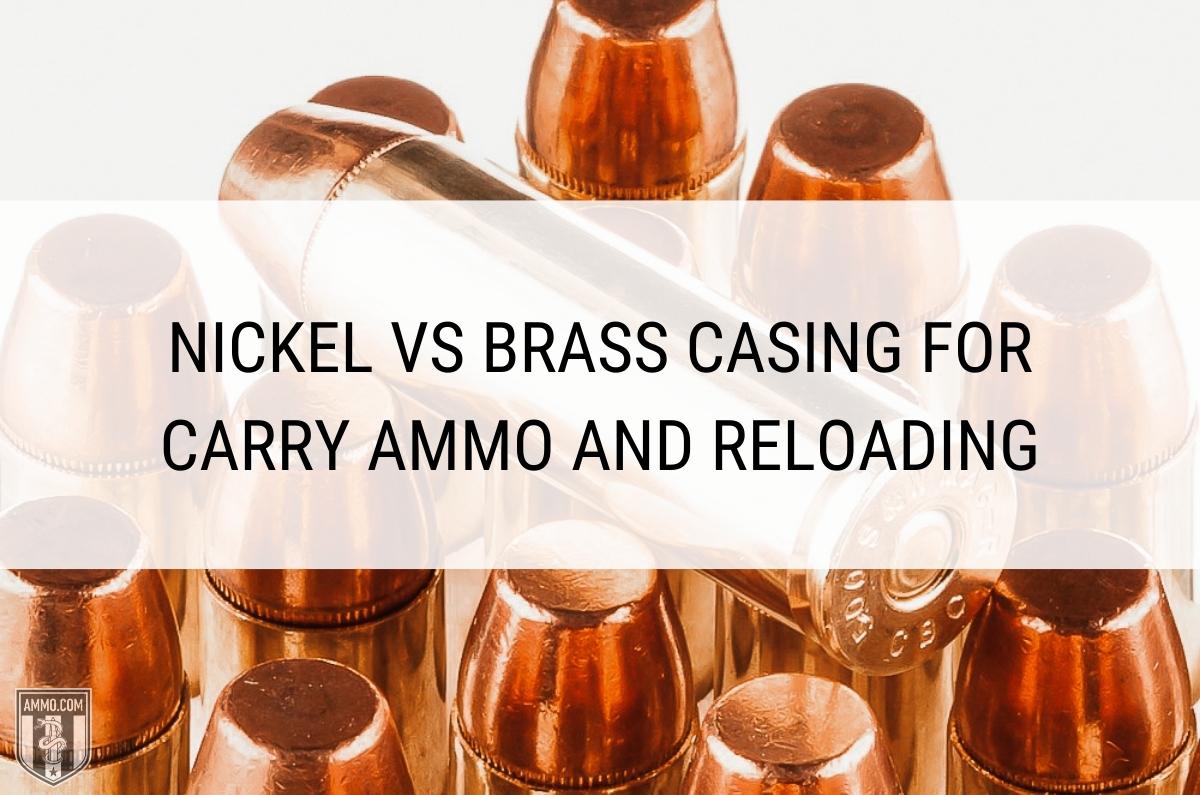
If you've ever shopped for high-end hunting or self-defense ammo, then you've probably already encountered nickel-plated brass cases. These often elicit the same questions from shooters:
Why are some cartridge cases nickel-plated?
What is the difference between a nickel-plated brass case and a brass one?
Can you reload nickel-plated brass cases?
Nickel plating on brass cases serves several purposes. It reduces metal-on-metal friction, which facilitates feeding and extraction. It protects against corrosion, which helps prevent the underlying brass from becoming coarse as a result of tarnishing. It is more reflective than bare brass, which makes the cartridge easier to see in the chamber (especially in low lighting). It makes a case easier to clean in preparation for handloading. It is also appealing from a cosmetic standpoint (which serves no tactical advantage, although ammo manufacturers would rather market high-end ammo that looks nice).
Although the benefits of nickel plated cases are often leveraged for hunting and defensive ammo, there are some drawback to consider when it comes to reloading.
In this article we will take a detailed look at both plated and unplated brass cases to help you understand the benefits and drawbacks of either.
What is the difference between a nickel-plated brass and a brass casing?
Brass cases are standard for all types of ammunition (with rare exceptions, such as 7mm Backcountry). Nickel-plated brass cases are electroplated with a thin layer of low-fiction, corrosion-resistant and reflective metal in order to enhance overall functionality.
Brass Cases
The development of brass-cased ammo over 200 years ago was a huge leap forward in firearms technology. It yielded a robust, consistent cartridge case that has been used by militaries, law enforcement agencies and civilians to excellent effect.
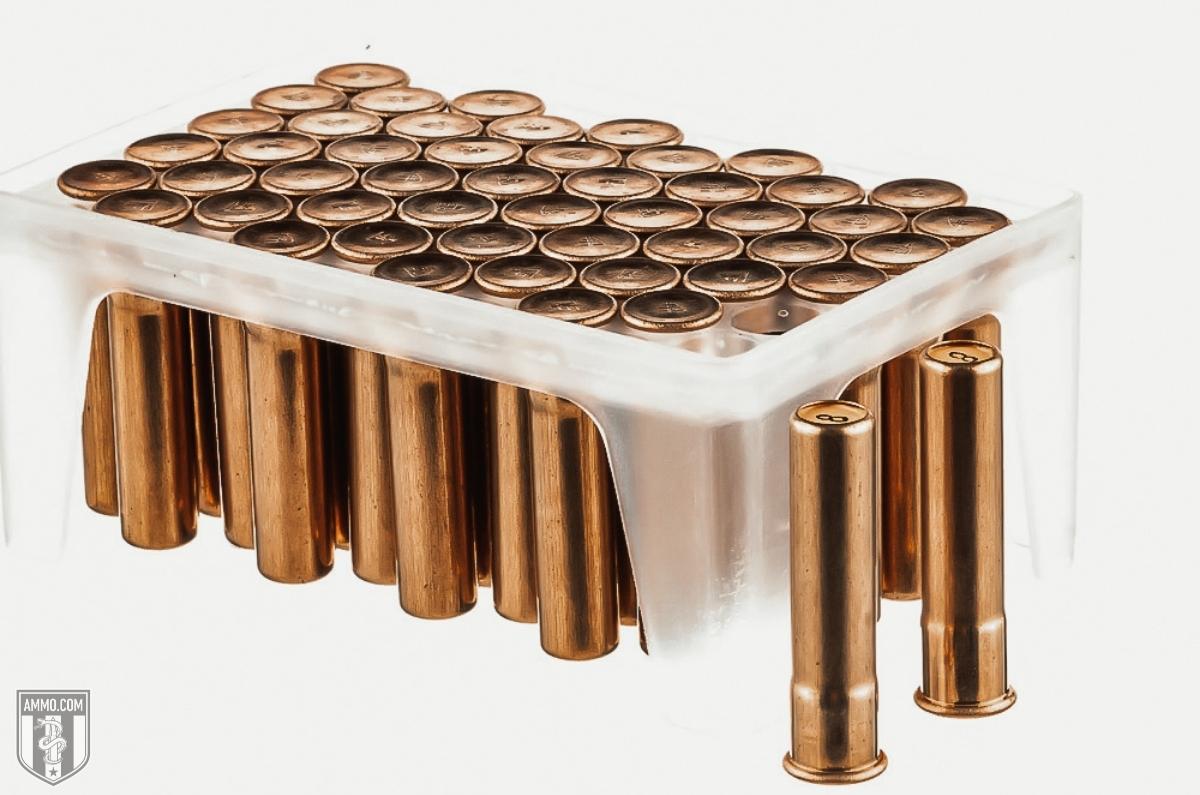
As a metal, brass is much more elastic than steel. A brass case stretches outward to form a tight seal against the chamber during ignition, thereby preventing gas and unburnt powder from flowing back into the chamber. In addition to promoting cleaner and more efficient ignition, a brass case's elasticity enables it to resume its original dimensions after ignition. That helps it extract reliably, and also makes it suitable for handloading (a pastime which rigid steel cases aren't fit for).
Pros of Brass Casings
Reusable
Brass cases maintain value after they are fired (and not just because they are mostly composed of semi-precious copper). They return to their original dimensions following ignition, in which condition they remain reloadable. Conversely, steel (and aluminum) cases are permanently altered by the force of ignition, and are too rigid to return to form. Make no mistake: If you want to handload, you need brass (or nickel-plated brass) cases.
Inexpensive
Brass cases are generally less expensive than nickel-plated ones (but costlier than steel and aluminum alternatives). Their design has been more or less perfected over the course of the past two centuries, and the 70% copper/30% zinc alloy its made of is relatively easy to source.
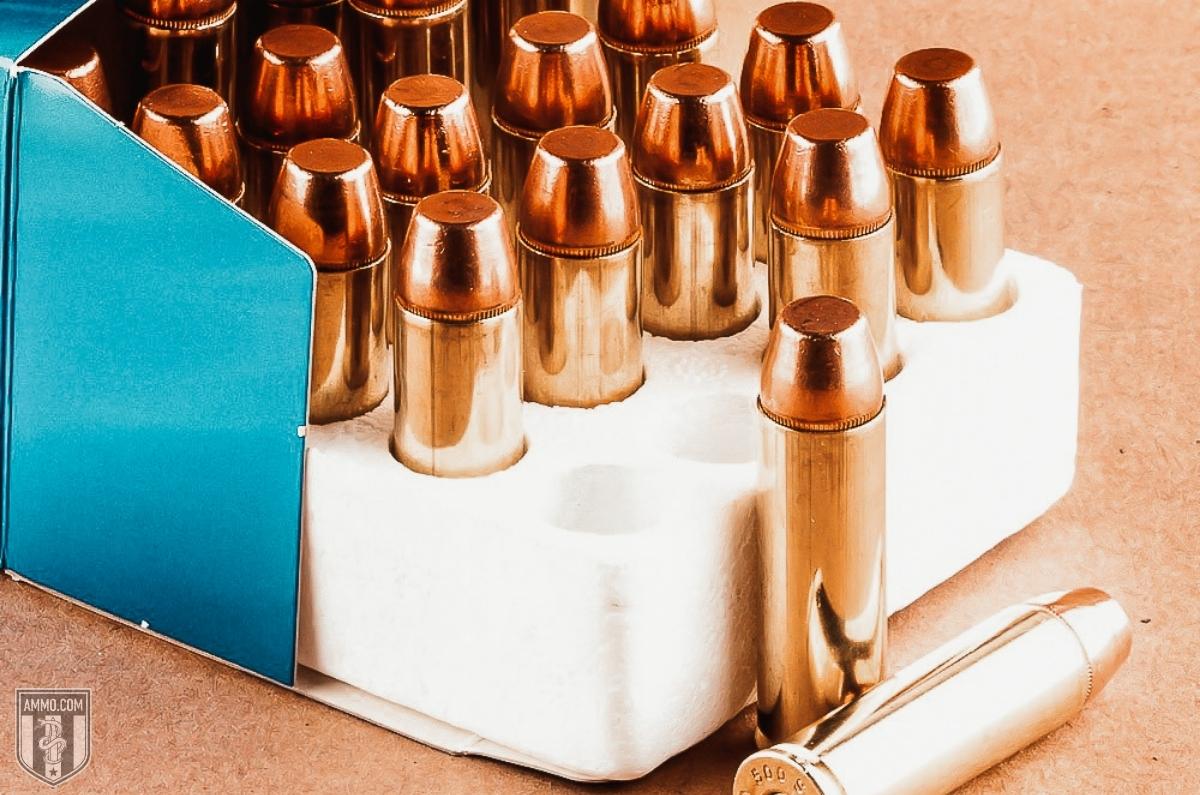
Reliable
Brass cases are known for their reliability under extreme weather and temperatures. They also return to the smame shape they had prior to ignition, which helps them avoid becoming lodged in the chamber.
Cons of Brass Casings
Tarnish and Corrosion
Perhaps the only downside to regular brass is its tendency to tarnish when consistently exposed to the elements, stored in adverse conditions, or handled excessively. For cowboy action shooters who store their ammo in leather belt loops, regular brass's corrosion issue is more apparent (as extended contact with the chemicals used for tanning causes corrosion).
Nickel-Plated Brass Cases
Nickel-plated cases offer a solution to the tarnishing issue brass cases often exhibit. Although some shooters might misunderstand their name, nickel cases are, in fact, brass cases that have a thin layer of nickel chemically bonded to them through a process known as electroplating.
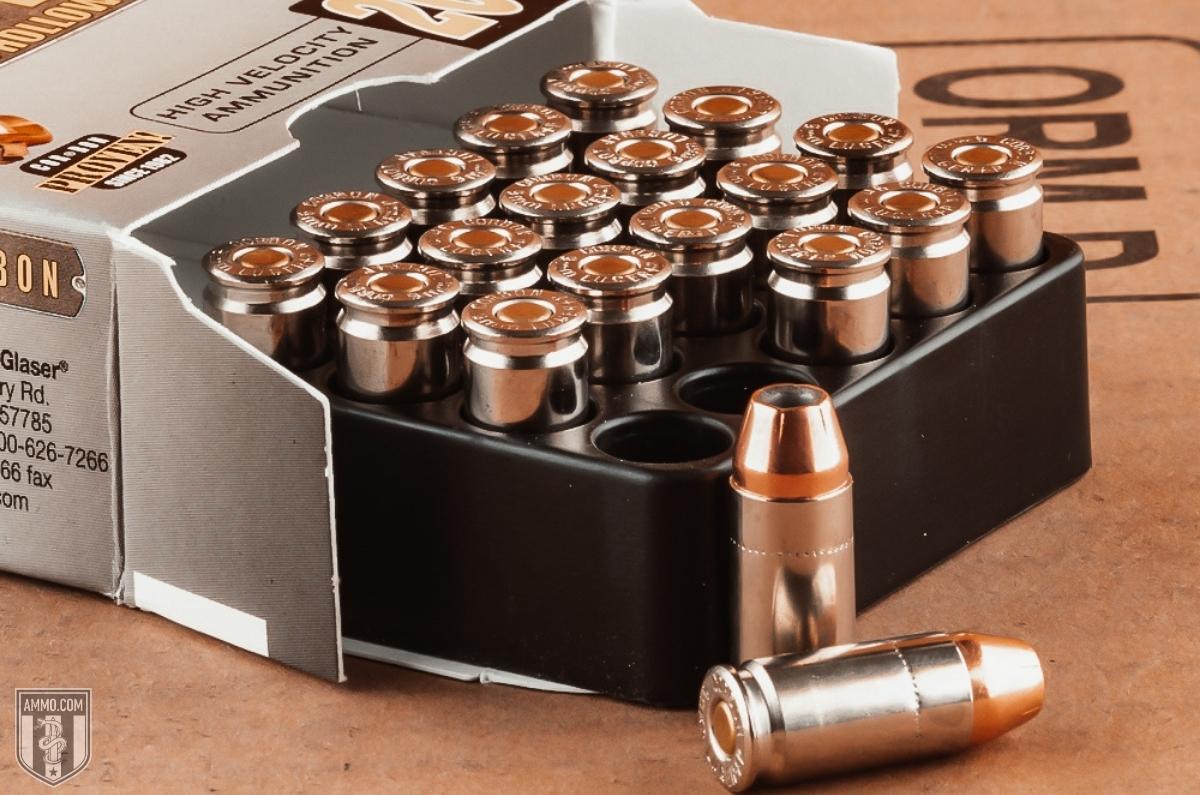
Nickel is extremely resistant to corrosion and has a lower coefficient of friction. This is why many high-end self-defense loads, like Federal HST and Speer Gold Dot, are now loaded with nickel cases.
There are a lot of benefits to nickel cases. There are also some drawbacks that primarily affect handloading which need to be addressed.
Pros of Nickel Cases
Corrosion Resistance
One of the biggest benefits of nickel cases is their inherent corrosion resistance. Nickel-plated brass casings can be handled consistently, exposed to sweat and humidity, and allowed to come into contact with leather for extended periods without tarnishing.
Lower Friction
Another benefit of nickel cases is that they have a higher surface lubricity than standard brass. This means nickel-plated brass cases will generally feel slicker, feeed more reliably into the chamber for a semi-auto, and promote easier extraction (not just from semi-autos, but from a revolvers like those chambered fro 357 Magnum as well). This is one reason why many ammo manufacturers have started offering defense loads in nickel-plated cases.
Ease of Cleaning
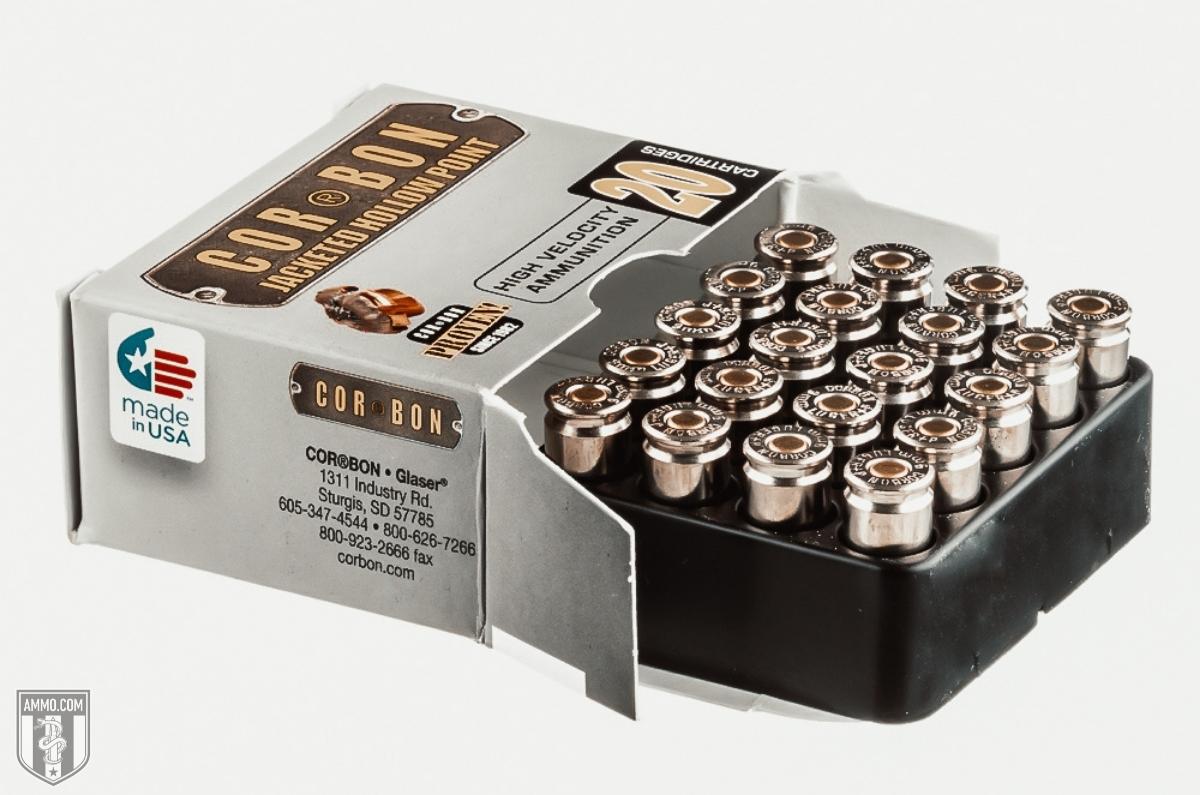
Nickel cases are easier to clean than unplated brass ones. During cleaning, brass cases typically require a polish to be added to the tumbling media to remove any tarnish. However, for nickel cases, a quick clean in the tumbler with untreated media should be more than enough to clean off any dirt, unburnt powder, or debris in the cases to make them look brand new.
Visually Different
Have you ever had to perform a chamber check in low lighting? Then you might already appreciate how hard it can be to quickly spot a dull brass case in a dark chamber. Nickel plating is by no means glow-in-the-dark, although its greater reflectivity does make it more noticeable when there's less light around.
Nickel cases are also useful to differentiate between two types of reloads. For example, if you’re in bear country and carry defensive loads for your hunting rifle, you could handload your hunting ammo in brass cases and your bear ammo in nickel cases. This way they are easily identifiable without having to label them in any other way.
Cons of Nickel
More Expensive
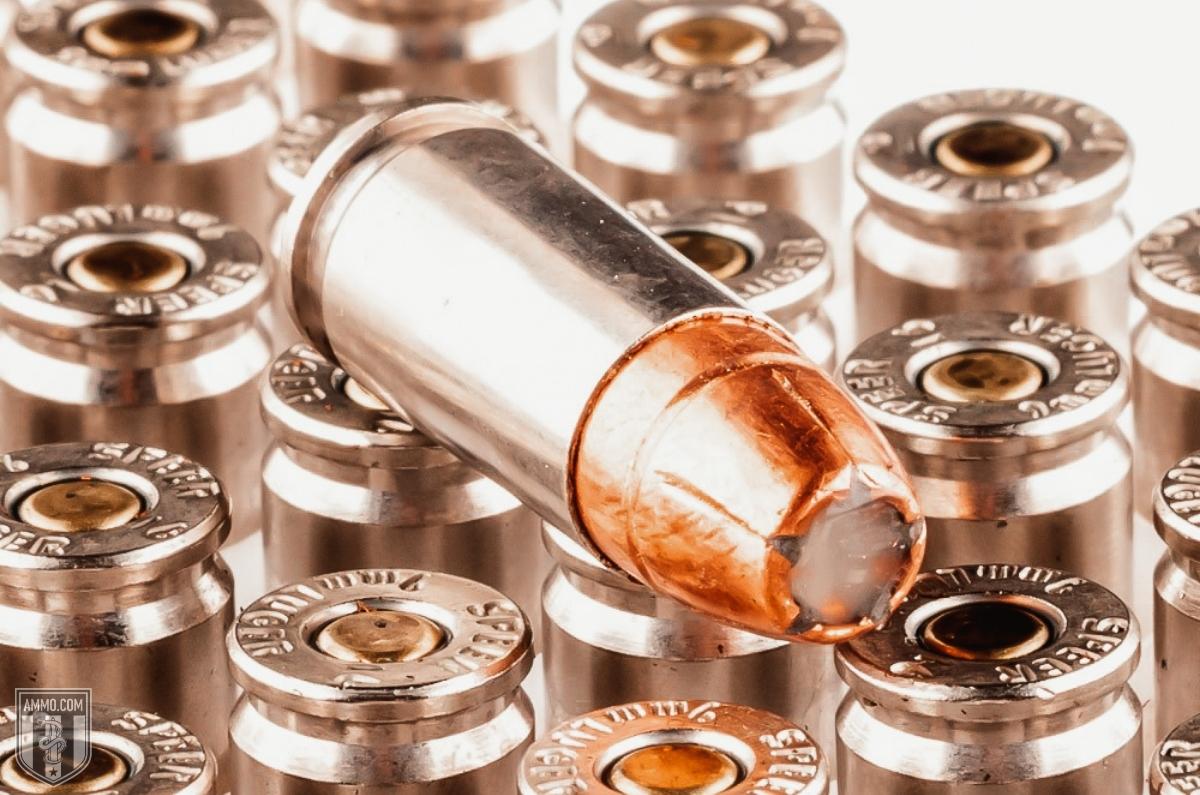
The electroplating process requires additional time and materials which ammo manufacturers most certainly charge for. That's why the majority of practice ammo, like Remington UMC FMJ, is loaded with plain brass cases. They're cheaper.
Less Elastic
Brass is highly elastic, and returns to its original shape following ignition (although some resizing is still required before it can be handloaded). Nickel, on the other hand, is relatively brittle, and may crack and split during ignition. That's why handloaders typically report getting 10 or more reloads per brass case, but only about five for nickel-plated one. Your results may vary, though you should still expect fewer handloads from nickel cases.
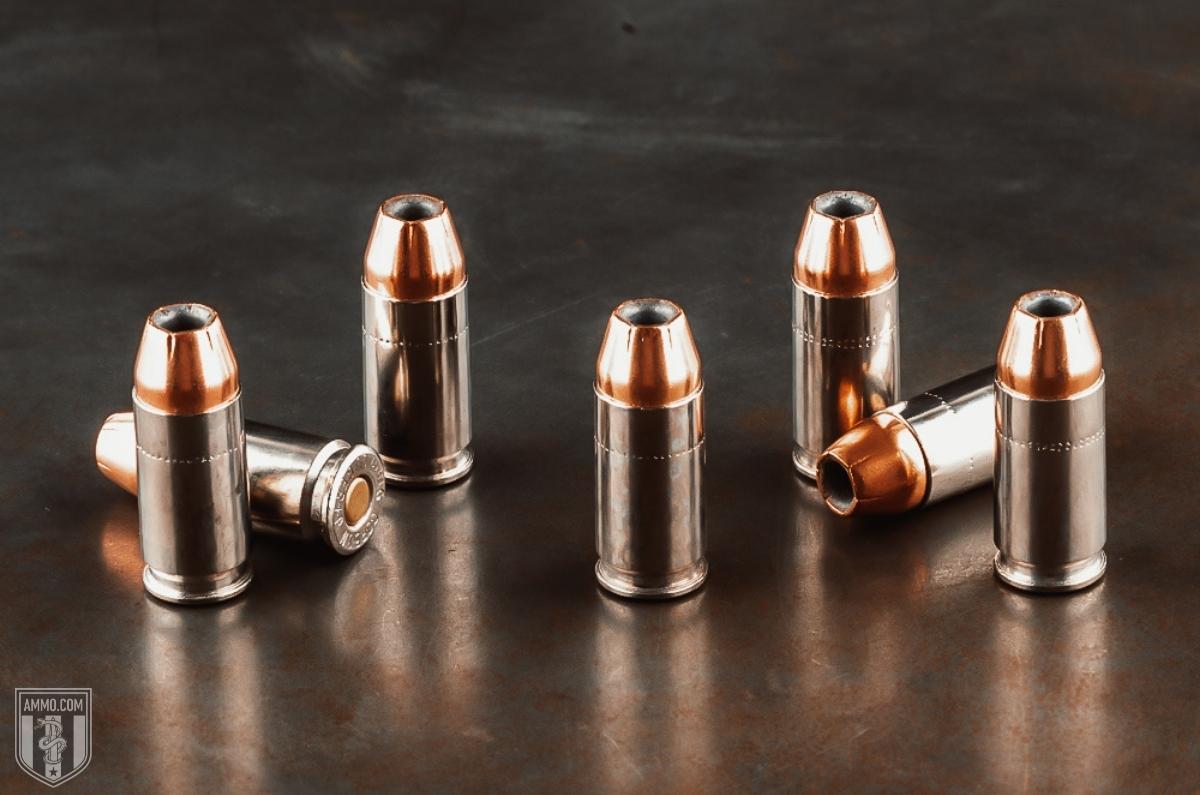
Potential to Damage Reloading Dies or Firearms
It is possible for nickel to flake off and end up in your chamber or reloading dies. If this occurs, the flakes can scratch future cases.
To prevent this, exercise extra care while inspecting your nickel-plated brass cases prior to handloading them. If any nickel cases appear suspect, it is advisable to discard them.
Can You Reload Nickel Cases?
Yes, nickel cases can be reloaded.
However, it is advisable to use titanium or carbide reloading dies, as nickel can damage standard steel reloading dies. This typically only applies to rifle dies, as most handgun resizing dies are made from carbide already.
Nickel-plated cases also have a propensity to get stuck in reloading dies. It is advisable to ensure that you are using enough case lubricant to prevent a stuck case.
Final Shots: Nickel vs. Brass Cases
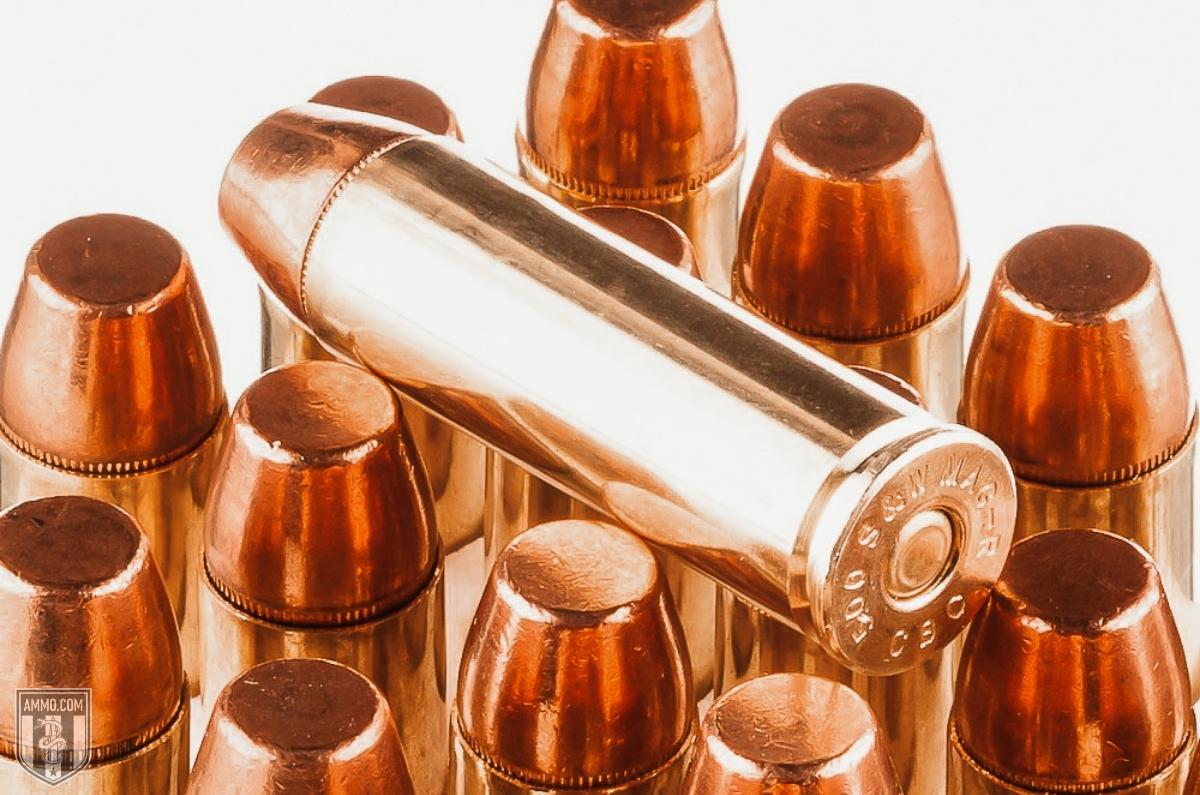
There are a lot of benefits to shooting nickel-plated brass cases. They have higher corrosion resistance than brass, and feel slicker when loaded into the chamber of your semi-auto handgun or revolver. This is the main reason why many defensive loads are now nickel cased.
Most of the downsides to nickel cases center around reloading. As nickel is harder than brass, it has the potential to damage your reloading dies. Also, nickel cases tend to have a shorter lifespan than brass ones.
If you have zero aspirations to handload your own ammo, you should not be concerned about running nickel cases through your firearms as most issues arise after multiple reloads of the same cases. If you do reload, just make sure inspect your nickel cases before a reloading session and you should not experience many issues except the occasional split case.
Regardless of your preference in ammo cases, make sure you stock up on ammunition here at Ammo.com. I’ll see you on the range!
Ammo Comparisons
- .308 vs 5.56
- 6.5 Creedmoor vs .308
- .300 Blackout vs .308
- .300 Win Mag vs .308
- .243 vs .308
- .308 vs .30-06
- 7mm-08 vs .308
- .270 vs .308
- 7.62x39 vs .308
- .223 vs .308
- .338 Lapua vs .308
- .380 ACP vs 9mm
- .223 vs 5.56
- .300 Blackout vs 5.56
- 9mm vs 45 ACP
- 9mm vs 40 S&W
- .357 SIG vs 9mm
- 10mm vs 9mm
- 9mm vs 9mm Luger
- .243 vs .270
- .300 Win Mag vs .30-06
- .270 vs .30-06
- .40 vs .45
- 38 Special vs 357
- 9mm vs 40 vs 45
- 5.56 vs 7.62x39
- 338 Lapua vs .30-06
- .30-30 vs .30-06
- 300 PRC vs 338 Lapua
- .30-06 vs 7mm
- 300 Win Mag vs 338 Lapua
- 300 PRC vs 300 Win Mag
- 300 WSM vs 300 Win Mag
- 338 Win Mag vs 338 Lapua
- 12 Gauge vs 20 Gauge
- 10mm vs 357 Mag
- .30-30 vs 7.62x39
- 224 Valkyrie vs 22-250
- 17 HMR vs 22 Mag
- 7.62x39 vs .300 Blackout
- 45 ACP vs 45 Auto
- 45-70 vs 30-30
- 300 Blackout vs 223
- 357 Magnum vs 9mm
- 350 Legend vs 300 Blackout
- 224 Valkyrie vs 223
- 45 ACP vs 38 Super
- 6.5 Grendel vs .308
- 17 HMR vs 22 LR
- 10 Gauge vs 12 Gauge
- 22-250 vs 223
- 45 Colt vs 45 ACP
- 350 Legend vs 30-30
- 5.7x28 vs 223
- 5.7 vs 9mm
- 5.56 vs 5.7
- 22 vs 9mm
- Buckshot vs Birdshot
- 450 Bushmaster vs 308
- 450 Bushmaster vs 223
- Buckshot vs Slug
- 6.5 Grendel vs 5.56 vs 223
- 6mm ARC vs 6.5 Grendel
- 44 vs 45
- 458 SOCOM vs 5.56
- 357 vs 44
- 32 ACP vs 380
- 300 Win Mag vs 338 Win Mag vs 338 Lapua Mag
- 450 Bushmaster vs 458 SOCOM vs 50 Beowulf
- 6mm Creedmoor vs 6.5 Creedmoor
- TMJ vs FMJ
- 44 Special Vs 44 Magnum
- 45 90 vs 45 70
- 6.8 Western vs 6.8 SPC
- 50 Beowulf vs 50 BMG
- 26 Nosler vs 6.5 PRC
- 28 Gauge vs 410
- 6.8 SPC vs 5.56
- 6.8 SPC vs 6.5 Grendel
- 6.8 Western vs 7mm Rem Mag vs .28 Nosler
- 6.8 Western vs 6.5 Creedmoor
- 22 Hornet vs 223
- 6.8 Western vs 6.5 PRC
- .410 vs 12 Gauge
- .410 vs 20 Gauge
- 22 LR vs 22 Mag
- 6mm ARC vs 243
- 7mm-08 vs 270
- 243 vs 6.5 Creedmoor
- Nickel vs Brass Casing
- 204 Ruger vs 223
- 50 Beowulf vs 5.56
- 260 Remington vs 6.5 Creedmoor
- 6mm Remington vs 243
- 28 Nosler vs 300 PRC
- 50 Beowulf vs 50 AE
- 22 Nosler vs 22-250
- 450 Marlin vs 45-70
- 300 Win Mag vs 300 Norma
- 458 SOCOM vs 300 Blackout
- 38-55 vs 45-70
- 22 Hornet vs 22 LR
- 300 Norma vs 338 Lapua
- 338 Lapua vs 50 BMG
- 28 Nosler vs 300 Win Mag
- 28 Nosler vs 6.5 Creedmoor
- 204 vs 22-250
- 458 SOCOM vs 45 70
- 44 40 vs 45 70
- 6.8 SPC vs 6.5 Creedmoor
- 450 Bushmaster vs 30-06
- 7mm Rem Mag vs 300 Win Mag
- 30 Carbine vs 223
- 25-06 vs 30-06
- 26 Nosler vs 28 Nosler
- 16ga vs 12ga
- 30 06 vs 7.62 x54R
- 9mm Makarov vs 9mm Luger
- 350 Legend vs 223
- 30 Carbine vs 5.56
- 6.5x55 vs 6.5 Creedmoor
- 6.5 Creedmoor vs 270 vs 25-06
- M193 vs M855
- 450 Bushmaster vs 458 SOCOM
- 6.5 Grendel vs 6.5 Creedmoor
- 350 Legend vs 5.56
- .277 Fury vs 6.8 SPC
- 277 Fury vs 300 Win Mag
- 10mm vs .45 ACP
- 277 Fury vs 223
- 6.8 SPC vs 300 Blackout
- 6.5 PRC vs 6.5 Creedmoor
- 277 Fury vs 308
- 277 Fury vs 6.5 Creedmoor
- 350 Legend vs 450 Bushmaster
- 277 Fury Vs 5.56 NATO
- 10mm vs 40S&W
- 32 ACP vs 9mm
- 32 Special vs 9mm
- 8.6 Blackout vs 300 Blackout
- 30 Super Carry vs. 9mm
- 5.56 vs 9mm
- .50 Action Express vs 9mm
- 7.62x25 vs. 9mm
- 10mm vs 44 Magnum
- 300 Blackout vs 300 Win Mag
- 6.5 Grendel vs 300 Blackout
- 460 Rowland vs 10mm
- 300 RUM vs 300 PRC
- 300 Norma vs 300 PRC
- 45 GAP vs 45 ACP
- 7mm PRC vs 300 Win Mag
- 300 PRC vs 6.5 Creedmoor
- 300 PRC vs 308
- 357 SIG vs 357 Mag
- 7.62x39 vs 7.62x51
- 243 Win vs 223 Rem
- 30 Nosler vs 300 PRC
- 6.5 Creedmoor vs. 30-06 Springfield
- 450 S&W vs. 44 Magnum
- 6.5 Creedmoor vs. 300 Win Mag
- 454 Cassull vs. 45-70 Govt
- 454 Cassull vs. 44 Mag
- 7.62x54r vs. 308 Winchester
- 22 ARC vs. 223 Rem
- Subsonic vs. Supersonic Ammo
